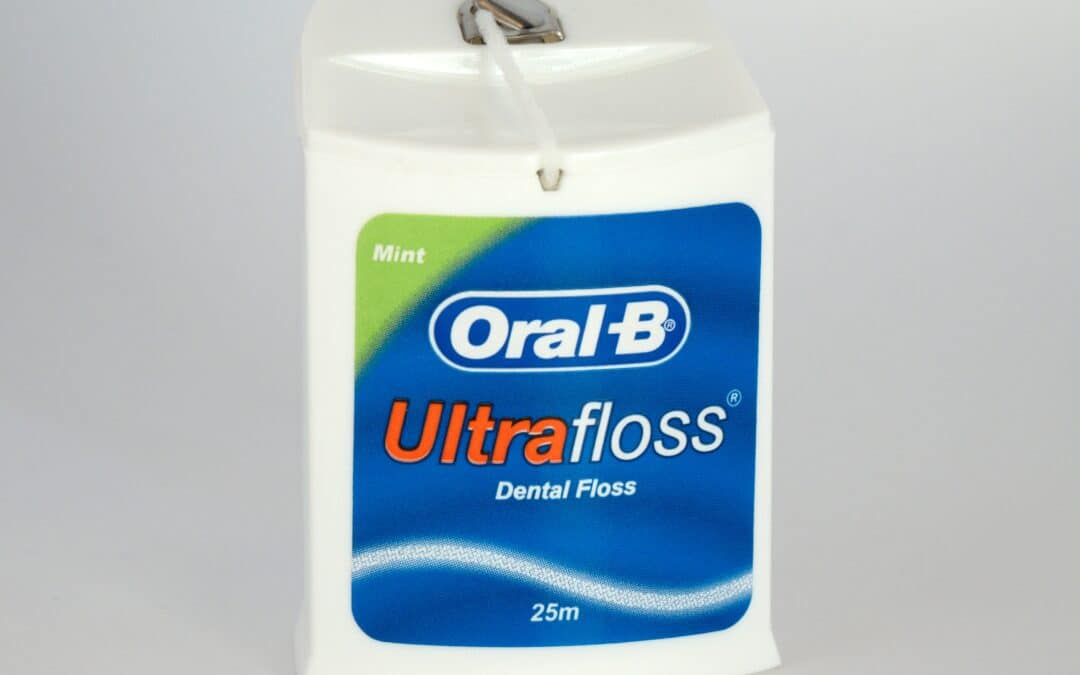Flossing is an essential part of good oral hygiene. It is a simple and effective way to remove food particles and plaque from between the teeth and along the gum line, where brushing alone cannot reach. Despite this, many people neglect this crucial step in their daily oral care routine, leading to a host of dental problems. This article explores the importance of flossing your teeth and the benefits it brings to your overall health.
Flossing Helps Prevent the Buildup Of Plaque
Flossing is an effective way to remove food particles and plaque from between the teeth. When we eat, food particles can become trapped between our teeth, and if not removed, they can lead to the buildup of bacteria and plaque. Plaque is a sticky film of bacteria that forms on the teeth, and if left unchecked, it can lead to tooth decay and gum disease. Regular flossing helps to prevent the buildup of plaque and reduces the risk of gum disease. Gum disease is a bacterial infection that affects the tissues that support the teeth, and it can lead to tooth loss if left untreated. The early stages of gum disease are called gingivitis and are characterized by red, swollen, and bleeding gums. Regular flossing can help to prevent the development of gingivitis and keep your gums healthy.
Flossing Helps With The Prevention of Cavities
In addition to preventing gum disease, flossing can also help to prevent cavities. Cavities are caused by the buildup of plaque on the teeth, which can erode the enamel and create small holes. Flossing helps to remove the plaque from between the teeth, reducing the risk of cavities and keeping your teeth healthy. Flossing is also essential for maintaining fresh breath. When food particles become trapped between the teeth, they can begin to decay, leading to halitosis. Flossing helps to remove these particles and keep your mouth clean and fresh.
Make Sure You Floss Correctly
Flossing is not difficult, and it only takes a few minutes a day. To floss correctly, start with a piece of floss about 18 inches long. Wind the floss around your middle fingers, leaving about two inches of floss between them. Hold the floss between your thumbs and forefingers and gently insert it between your teeth. Use a gentle back-and-forth motion to guide the floss between the teeth, being careful not to snap it against the gum line. When you reach the gum line, curve the floss around the base of the tooth and gently slide it up and down the side of the tooth. Repeat this process for all of your teeth, using a clean section of floss for each one.
Flossing Helps Prevent Heart Disease
There is a growing body of research indicating that flossing can help prevent heart disease. The connection between oral health and heart disease stems from the fact that the bacteria found in the mouth can enter the bloodstream and travel to other parts of the body, including the heart. When these bacteria enter the heart, they can cause inflammation, which can lead to a variety of heart conditions, including heart disease.
One study published in the American Journal of Preventive Medicine found that people who flossed regularly had lower levels of C-reactive protein (CRP), a marker of inflammation in the body. High levels of CRP have been linked to an increased risk of heart disease, so reducing CRP levels through regular flossing may help to lower the risk of heart disease.
Another study published in the Journal of Periodontology found that people with periodontal disease (a type of gum disease) were twice as likely to have heart disease compared to those without gum disease. The study suggests that the bacteria found in the mouth can travel to the heart and contribute to the development of heart disease.
While more research is needed to fully understand the connection between oral health and heart disease, the evidence suggests that regular flossing can help to reduce the risk of heart disease. In addition to flossing, maintaining good oral hygiene habits such as brushing twice a day, using mouthwash, and regular dental checkups can help to keep your teeth and gums healthy and reduce the risk of heart disease.
To Conclude
Flossing is a crucial part of good oral hygiene. It helps to remove food particles and plaque from between the teeth, preventing gum disease, cavities, and bad breath. Despite this, many people neglect this crucial step in their oral care routine, leading to a host of dental problems. Flossing is not difficult, and it only takes a few minutes a day. By making flossing a part of your daily routine, you can help to keep your teeth and gums healthy for a lifetime.

